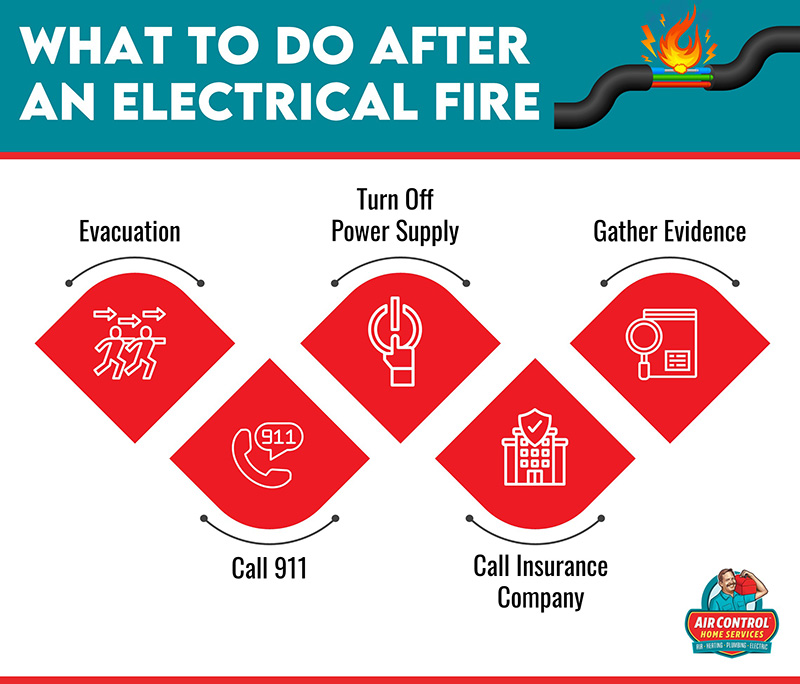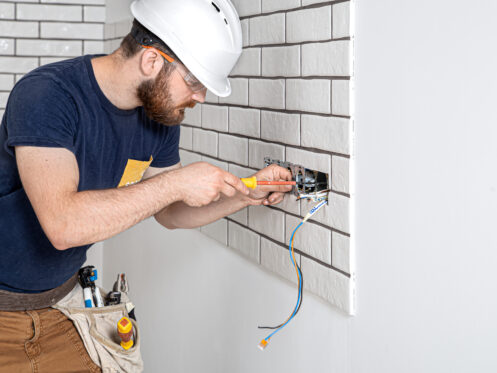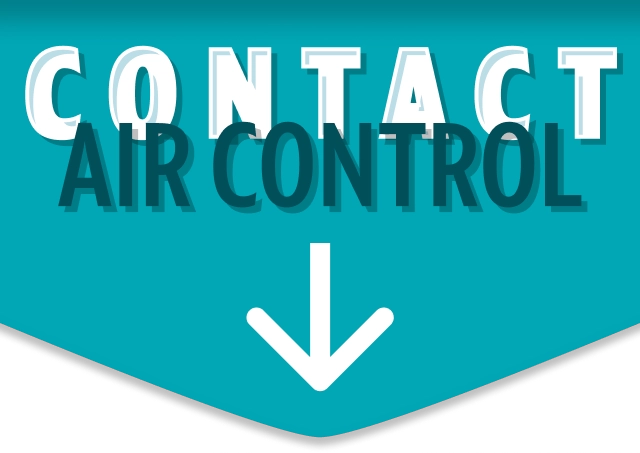Your Lake Havasu house experiencing an electrical fire is one of the most terrifying things that can happen to you. Electrical fires spread so fast, engulfing everything in their path and putting lives in danger. But you can minimize damage and keep everyone safe by staying informed and acting quickly. This guide will provide you with a checklist of essential steps to take following an electrical fire.
Understanding Electrical Fires
An electrical fire is a type of fire that stems from electrical sources or systems. It can be dangerous because the source is often hidden behind walls and objects, and the smoke produced from burning wiring, insulation, and plastics can be lethal if inhaled.
The common causes of electrical fires include outdated wiring, overloaded circuits, faulty appliances or equipment, and improper use of extension cords. Natural phenomena such as lightning strikes and power surges from the grid can also trigger electrical fires.
Signs of an Electrical Fire
The first indication is often a burning smell. If a persistent burning odor without any visible source becomes apparent, it’s likely an electrical fire. The smell of melting plastic is also a tell-tale sign.
Next, watch out for smoke. Smoke from an electrical fire is usually thick and dark with a pungent odor. It doesn’t take long for the smoke to fill your house, so you must act fast before it becomes difficult to see and breathe.
Sparks, flickering lights, tripped circuit breakers, or blown fuses can all indicate an electrical fire. These signs are often accompanied by buzzing or humming sounds, and in some instances, you might even see flames.
Immediate Steps After an Electrical Fire
Evacuation
Call 911 or Your Local Emergency Services
Call for emergency services as soon as possible. Electrical fires are considered high-risk and can quickly get out of control. Inform the operator about the location of the fire and share any useful information, such as if anyone is trapped inside.
Turn Off the Power Supply
If it’s safe to do so, turn off the power supply to your home. This is commonly found in the basement, garage, or utility area. If you’re unsure how to do this, leave it to the professionals.
Call Your Insurance Company

Be sure also to contact your insurance company and inform them about the fire. Failing to do this promptly may affect your coverage, and you may not receive the necessary assistance to cover damages.
Gather Evidence
Collecting evidence is necessary for a potential insurance claim. Take photos and videos of the damage caused by the fire as well as any damaged appliances or equipment. Don’t forget to ask the police and the fire department for a copy of their report, as it can serve as important evidence for your claim.
The Don’ts of Handling the Situation
Don’t Use Water
Water does not put out electrical fires and can make the situation worse by spreading the fire or causing electrocution.
Don’t Touch Anything
Anything that has been affected by the fire, including appliances, outlets, and switches, may still be electrified and dangerous. Leave the handling of damaged items to a professional electrician.
Don’t Attempt to Re-enter the Building
Even if you think the fire is under control or has been completely extinguished, never re-enter a fire-damaged building until it has been deemed safe by the authorities. There may still be hidden pockets of fire that can reignite or toxic fumes that can harm you.
Don’t Panic
Though it may seem challenging, especially amid chaos, panicking can cloud your judgment and hinder your ability to follow these steps effectively. Maintaining focus and clear thinking is crucial to handling the situation safely.
Restoring and Rebuilding
Choosing the Right Contractor for the Job
The most crucial aspect of rebuilding after an electrical fire is selecting the right contractor. Substandard work could expose you to the risk of another fire or other electrical hazards.
Start by verifying the licenses and certifications of potential contractors. For instance, the Certified Electrical Safety Technician (CEST) certification signifies a high level of expertise in electrical safety.
Next, ensure that the contractor you are considering has a proven track record of successfully managing electric fire-related restoration and rebuilding projects. You can ask for references or check online reviews and ratings to confirm their reputation.
You’ll also need to evaluate how the contractor handles your initial inquiries. Prompt and clear communication reflects professionalism and reliability, which are crucial qualities in an emergency.
Lastly, assess warranties and service guarantees. A reputable contractor will stand by their work and guarantee both materials and labor. Check to see if they are insured and bonded, as this will protect you in case of any accidents or damages during the rebuilding process.
Restoration Process
The contractor you choose will first clear out debris in the affected sites and then assess the extent of the damage. They will also conduct a thorough inspection to identify any potential hazards that may have been overlooked.
They will then begin the restoration process. This involves repairing or replacing damaged wiring and appliances, fixing structural damage, and thoroughly cleaning the affected areas to remove any lingering odors or soot. They’ll typically work closely with construction experts to restore your home’s aesthetics and functionality.
Once done, they will conduct a final inspection to ensure everything functions properly and safely. In case of any issues, the contractor should be readily available to address them and ensure your complete satisfaction before declaring the building safe for occupancy again.
Preventing Future Electrical Fires
Schedule Annual Inspections
Have a licensed electrician inspect your home at least once a year. They should look at everything, including outlets, wiring, appliances, and breaker boxes. This will help identify potential hazards or fire risks that you may not be aware of.
Avoid Overloading Outlets
Connecting too many devices to a single outlet can cause overheating and potentially lead to electrical fires. To prevent this, distribute your electronics and appliances across multiple outlets throughout your home. Avoid using extension cords for major appliances such as refrigerators or washing machines. If you rely heavily on extension cords, consider installing additional outlets to accommodate your needs.
Unplug Unused Appliances
Unplug unused small appliances such as toasters, blenders, and coffee makers to reduce the risk of them short-circuiting and causing an electrical fire.
Get Reliable Modern Smoke Alarms
Investing in modern smoke alarms can greatly reduce the risk of an electrical fire going unnoticed. These alarms can detect even the slightest traces of smoke and alert you immediately, giving you valuable time to evacuate safely.
Educate Yourself
Finally, educating yourself about electrical safety is crucial in preventing future fires. Learn how to identify warning signs such as flickering lights, buzzing outlets, or discolored switch plates. Follow proper maintenance practices for your appliances, and always seek professional help when dealing with any electrical issues.
Get Expert Help From Air Control Home Services Today
Being proactive and prepared is crucial when it comes to electrical fires. At Air Control Home Services, we have a team of experienced electricians who can help you with annual inspections, identifying potential hazards, electrical installation, and addressing any electrical issues in your home. Contact us today for reliable and efficient electrical services in Lake Havasu and surrounding areas. In addition to electrical work, we also provide HVAC, plumbing, and indoor air quality services to ensure your home is both safe and comfortable.






